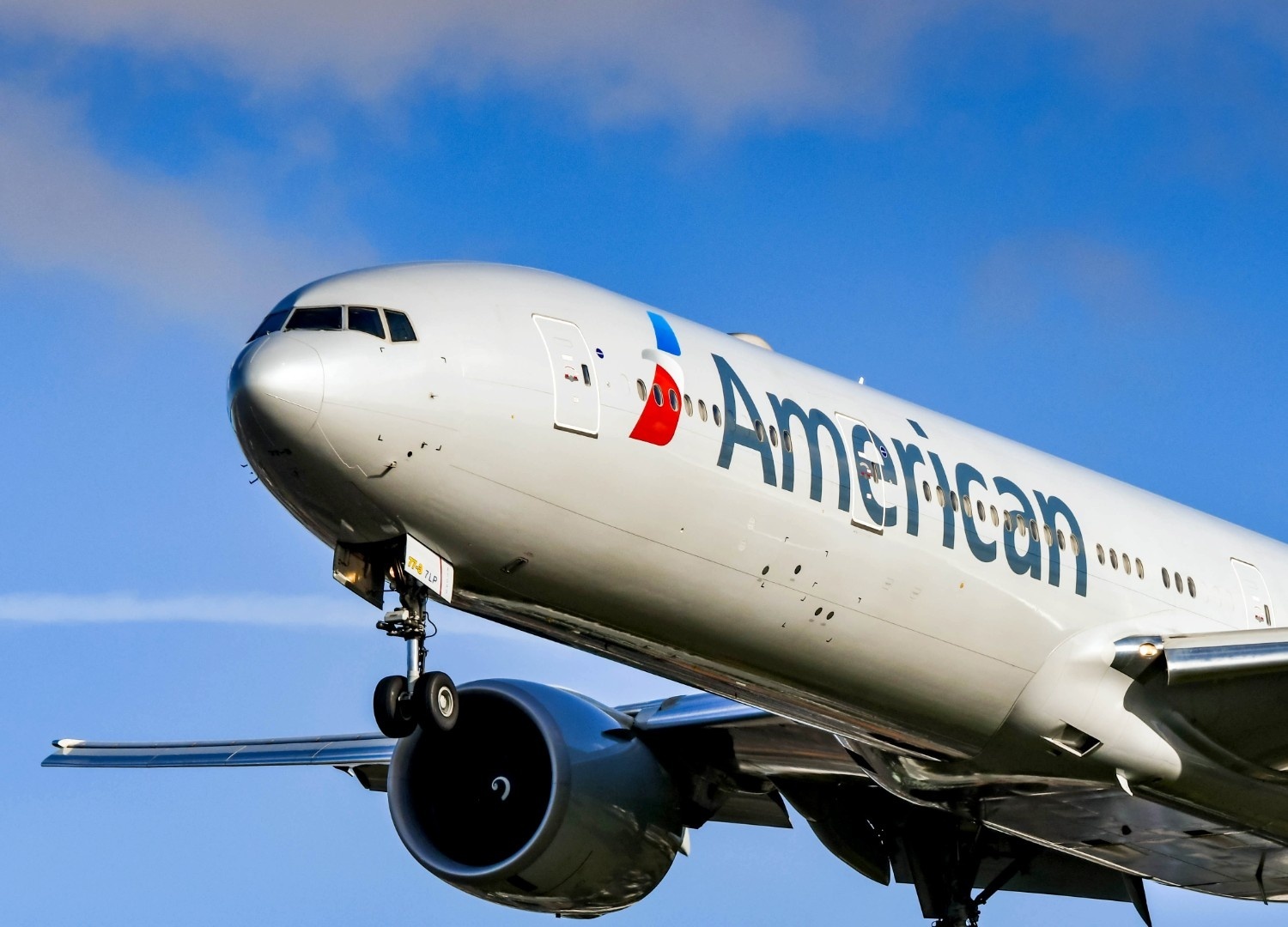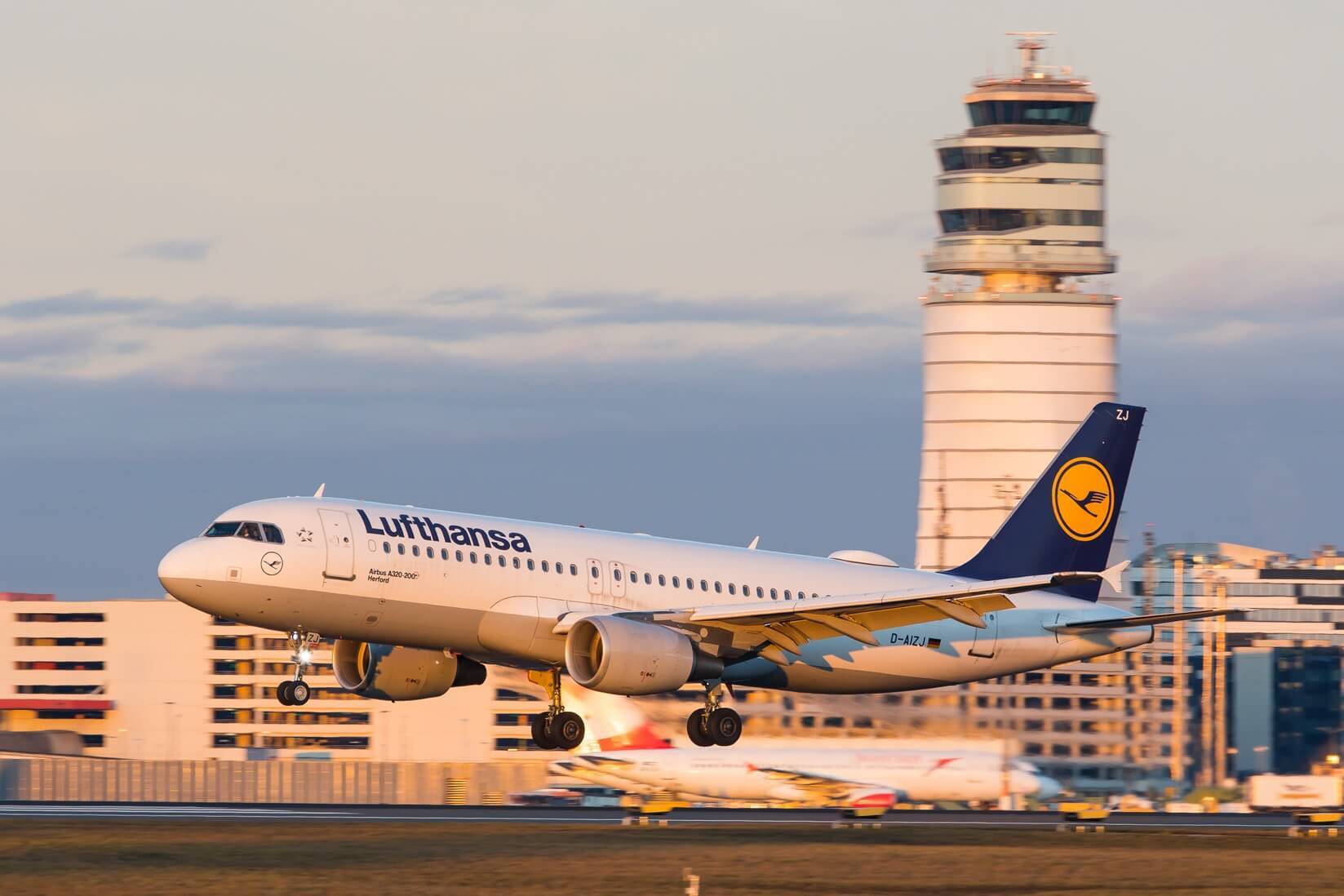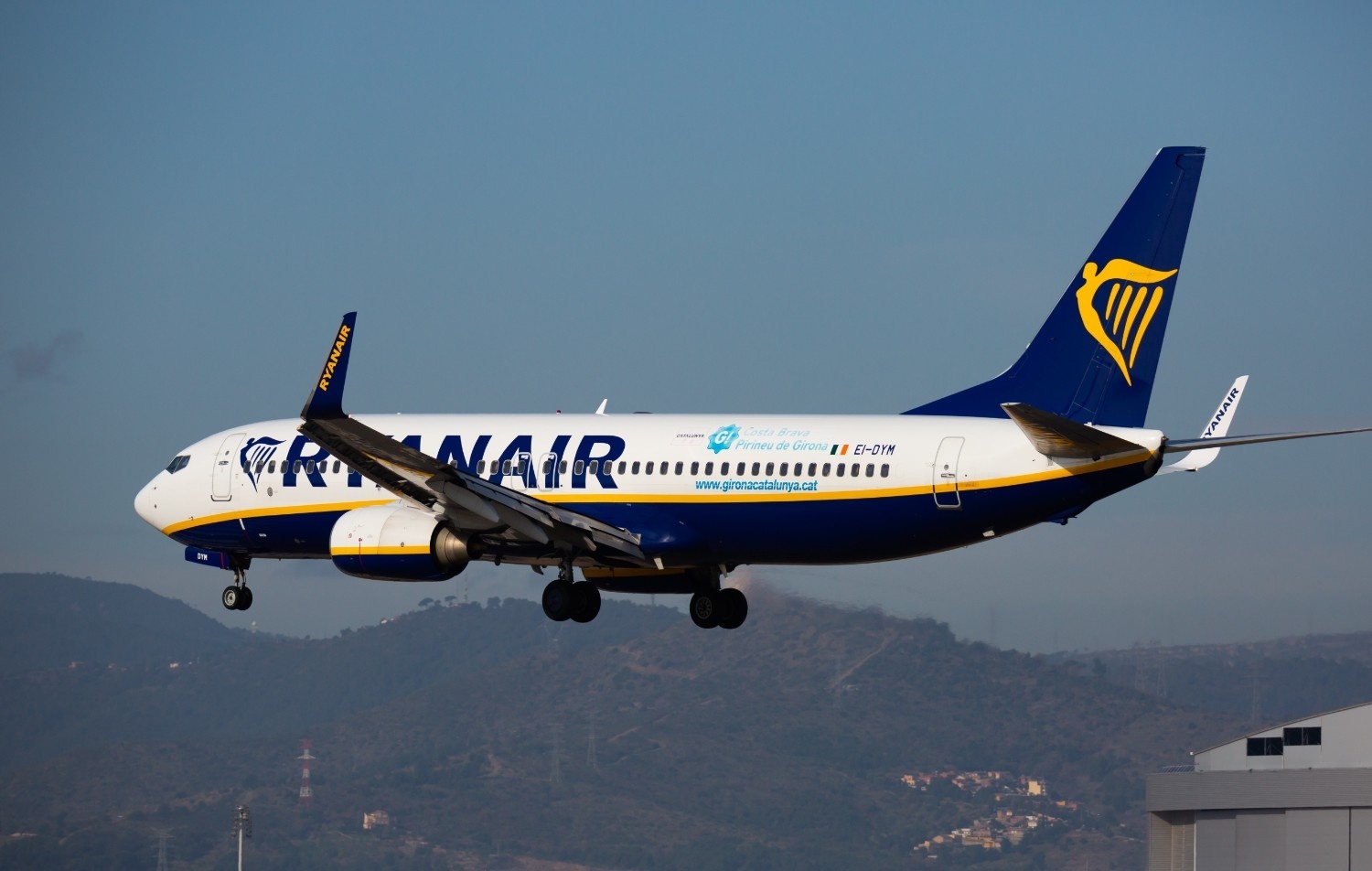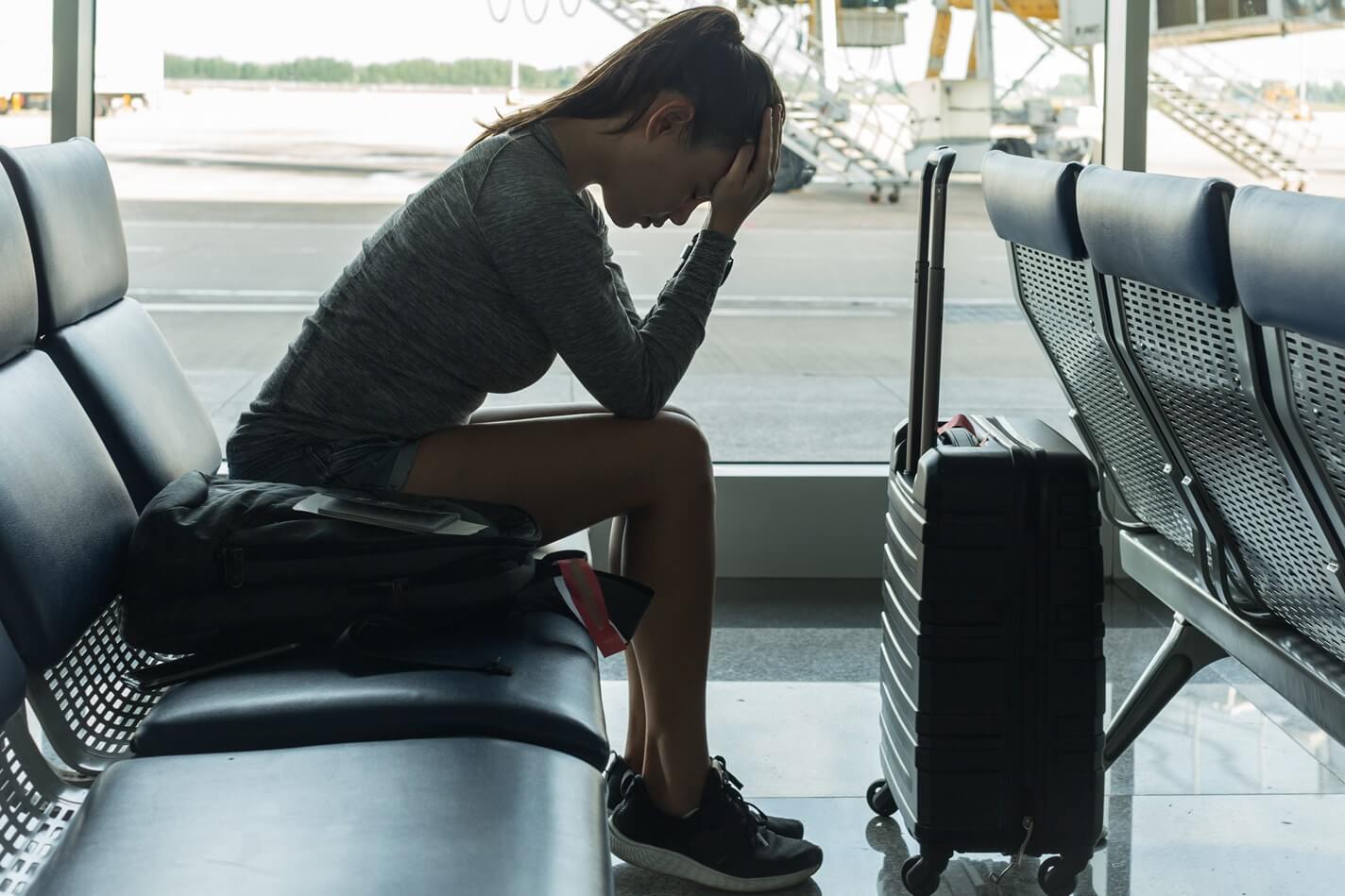American Airlines safety concerns prompt collaborative solutions

The Allied Pilots Association, representing American Airlines pilots, has recently expressed concerns over a notable increase in safety issues within the carrier's operations. These concerns, outlined in a memo to members, encompass a range of problematic trends including instances of tools being left in wheel wells post-maintenance, aircraft collisions during towing procedures, and deficiencies in recordkeeping. The union emphasized the critical role of pilots as the final link in the safety chain and encouraged members to report any observed issues without feeling pressured or rushed during maintenance work.
Management response and commitment
In response to the raised concerns, American Airlines' management has demonstrated a willingness to address safety issues head-on. Following discussions with union representatives, management committed to involving the Allied Pilots Association in the safety risk assessment (SRA) process. This move signifies a collaborative approach towards identifying and rectifying any gaps in safety and maintenance procedures. Furthermore, efforts are underway to ensure the union's active participation throughout the quality assurance process, emphasizing a shared commitment to enhancing safety standards.
Collaboration for enhanced safety
Safety within the aviation industry is a shared responsibility, and American Airlines underscores its dedication to maintaining a robust safety program. The airline's safety management system integrates collaborative initiatives with regulatory bodies such as the FAA and all relevant unions, including the Allied Pilots Association. Regular engagement and cooperation aim to reinforce the airline's strong safety record and foster a continuous evolution of its safety culture.
The concerns raised by the pilot union at American Airlines reflect broader apprehensions within the aviation sector regarding safety practices. Recent incidents involving other major carriers, notably Boeing and United Airlines, have drawn increased regulatory scrutiny. The Alaska Airlines midair blowout incident in January prompted intensified oversight of Boeing's manufacturing processes by the Federal Aviation Administration, highlighting the critical importance of rigorous quality control measures.
Implications for Boeing and United Airlines
Boeing, a prominent aircraft manufacturer, has faced significant challenges to its reputation following publicized safety incidents and regulatory interventions. The company's response has included measures such as slowing down the production of its 737 MAX aircraft until manufacturing issues are resolved. Leadership changes, including the resignation of the CEO, underscore Boeing's efforts to address concerns and rebuild trust in its products.
United Airlines has also come under scrutiny by regulatory authorities following a series of safety-related incidents involving its flights. The FAA's increased presence in United's operations signals a comprehensive review of the airline's processes, manuals, and facilities to ensure compliance with safety standards. These developments highlight the importance of proactive risk management and continuous improvement efforts within the aviation industry.
The recent disclosure of safety concerns by the American Airlines pilot union underscores the imperative of maintaining rigorous safety standards in aviation operations. Through collaboration between stakeholders, including airlines, regulatory agencies, and labor unions, efforts can be directed towards identifying and addressing potential risks effectively. By prioritizing safety and fostering a culture of transparency and accountability, the aviation industry can enhance overall safety outcomes and maintain public trust in air travel.
Latest posts
Flight delays and cancellations in July 2025
Check which flights were delayed in July 2025 – you may still be entitled to claim up to 600 € in compensation.
Flight cancellations and delays in March 2024
Check which flights were delayed in March 2024 – you may still be entitled to claim up to 600 € in compensation.
Flight cancellations and delays in February 2024
Check which flights were delayed in February 2024 – you may still be entitled to claim up to 600 € in compensation.












